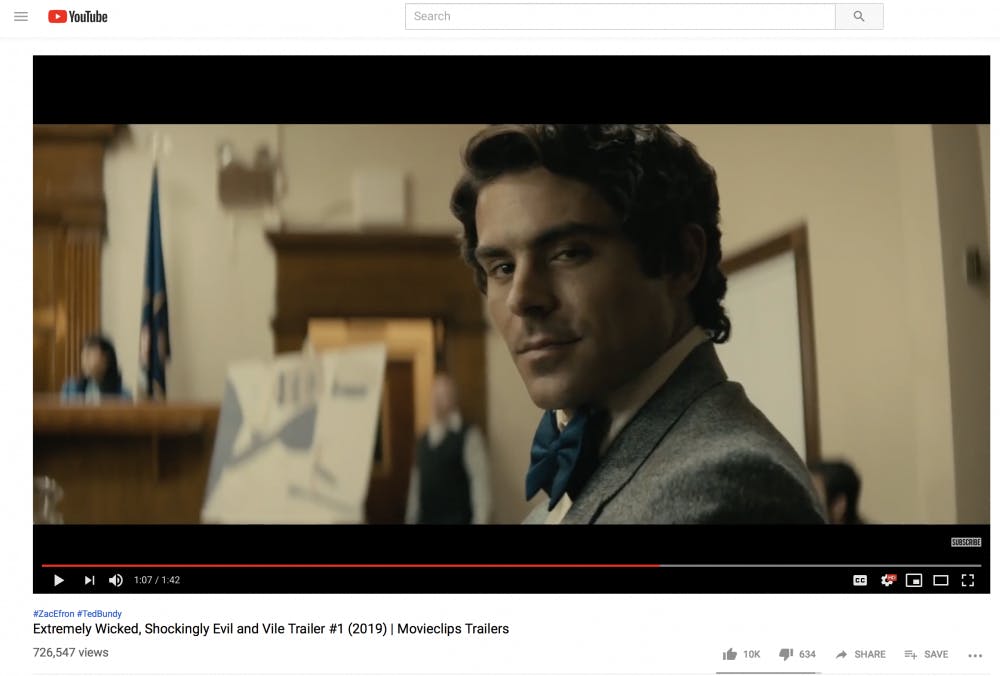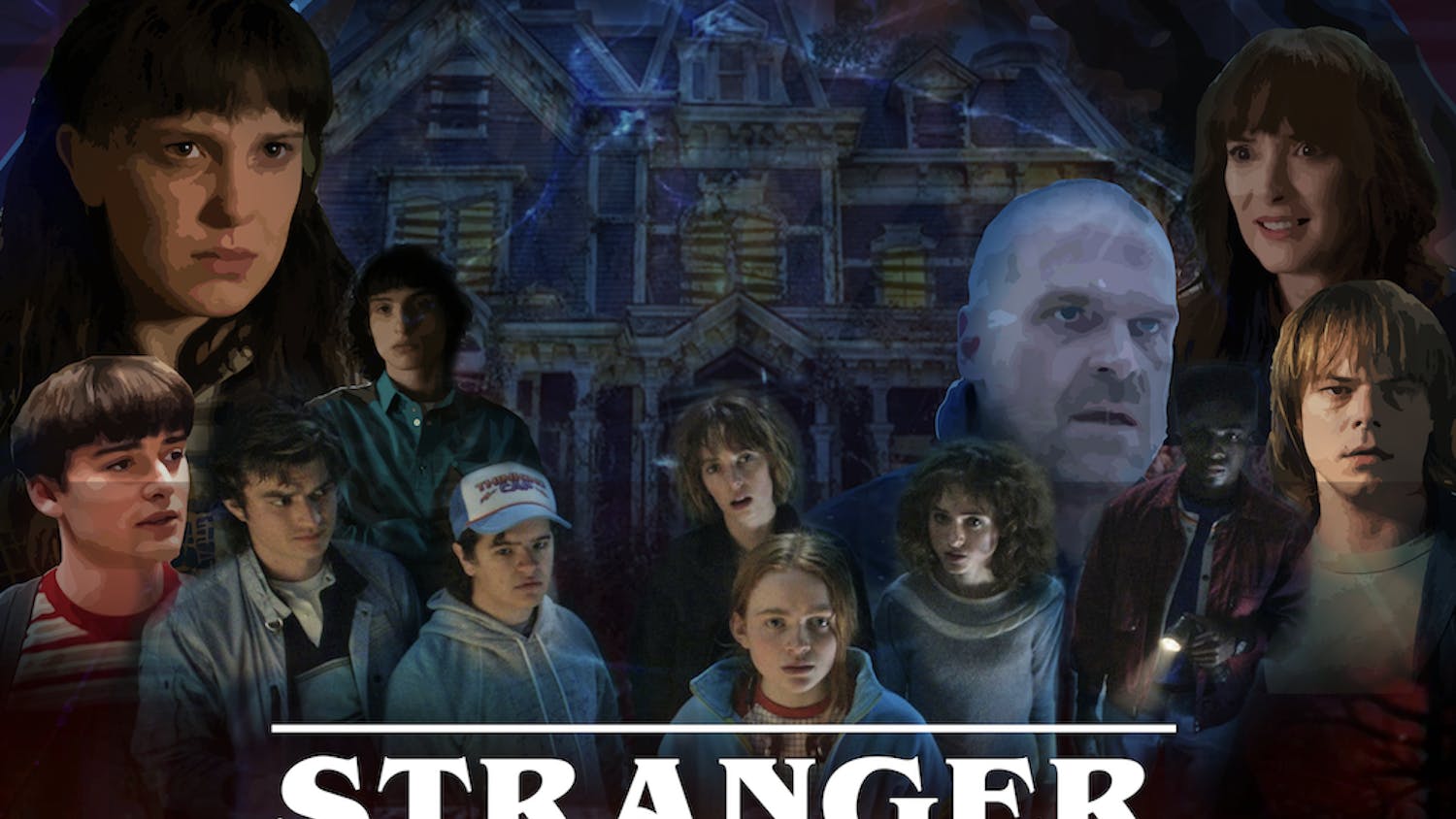For the past few weeks our Twitter timelines have blown up with tweets about “You,” a recently released thriller series on Netflix. The show, which aired on Lifetime last fall, tells the story of Joe Goldberg and his infatuation with Guinevere Beck, a woman he develops an unhealthy relationship with, eventually leading him to stalking and murdering.
The story in itself has issues, but at the same time, it also has some of the best makings for a binge-worthy show. “You” is suspenseful, thrilling and leaves off on some hair-raising cliff-hangers. However, one of the most strange and confusing part of the show is the attachment the viewer feels toward Joe. The audience understands every action that Joe takes through an inner monologue that plays throughout the season. The monologue offers insights into Joe’s motives, encouraging the viewer to begin to sympathize with him and understand his motives.
Penn Badgley, the actor who plays Joe, took to Twitter in early January to stop some fans from romanticizing his character’s actions, replying to tweets by emphasizing his character is a murderer. We can’t deny the show is entertaining and thrilling, but it enters a strange place between entertainment and glorification. Or maybe, more accurately, it’s social media that is fueling the continued romanticizing of the show and its main character.
Once the show appeared on Netflix, Twitter and other media sites exploded with mixed feelings about the show. Some see Joe as a character with flaws and others see him for what he is, a murderer. The show itself warns about the dangers of social media and how it can warp reality. “You” isn’t the only story showcasing the actions of a murderer.
On Friday, the trailer for “Extremely Wicked, Shockingly Evil and Vile” dropped. It’s the story of Ted Bundy, one of America’s most infamous serial killers, who murdered at least 30 women. The trailer received criticism for painting Bundy, played by Zac Efron, as a misunderstood man. The trailer has an upbeat tempo playing in the background along with Efron’s charismatic smile, different from “Conversations with a Killer: The Ted Bundy Tapes,” the documentary that was released Thursday on Netflix featuring real interviews with Bundy.
The not-yet-released movie could do a great job of portraying Bundy’s true character, however, the trailer seemed more like a high-budget action movie than the story of a murderer. The trailer is curated with its audience in mind and seems to be targeted toward a younger, more impressionable generation. What the media is showing is that there’s a certain tolerance level in regards to the people and the characters mentioned, often due to their gender and race.
It says something about how the media perceives young, attractive white males. If these characters weren’t white males, the media wouldn’t continue to justify and sympathize with these characters. There’s a clear privilege that these characters possess that allow them to get away with their actions.
To be fair, “You” doesn’t shy away from the horrors of its main characters, however, social media allows for the continued perpetuation of romanticizing deplorable actions. How we perceive the actions of killers has always been met with nagging curiosity. Why did they do it? How did they do it?
Tv shows and podcasts spend hours dissecting how someone could do horrible things. However, understanding why a person does something shouldn’t equate a feeling of understanding. Social media needs to do a better job of showcasing the horrors of a person’s actions and understand that justification is harmful, especially to a younger generation.
When we start to justify atrocious actions, a younger, more naive generation may not see those acts as dangerous. When we romanticize stalking or even obsessive behavior, people could begin to think those actions are normal or even encouraged. It puts people in dangerous situations where they aren’t able to see warning signs that could have allowed them to avoid dangerous situations.
Zac Efron as Ted Bundy in the trailer for “Extremely Wicked, Shockingly Evil and Vile.”






